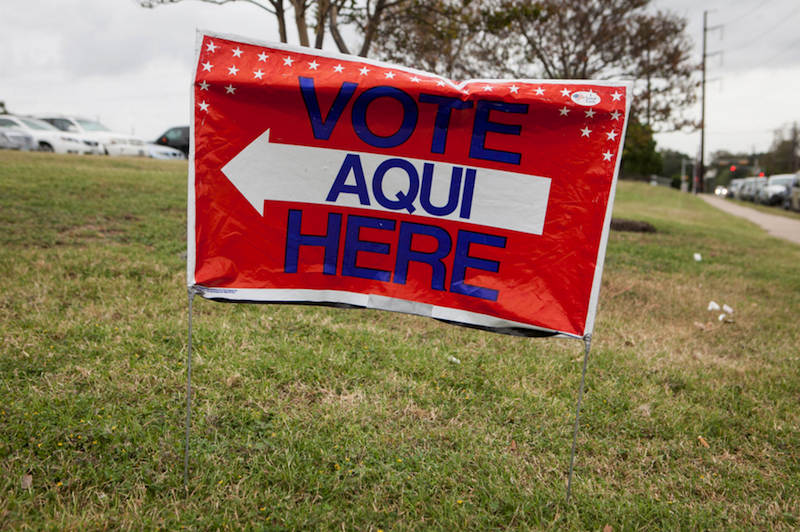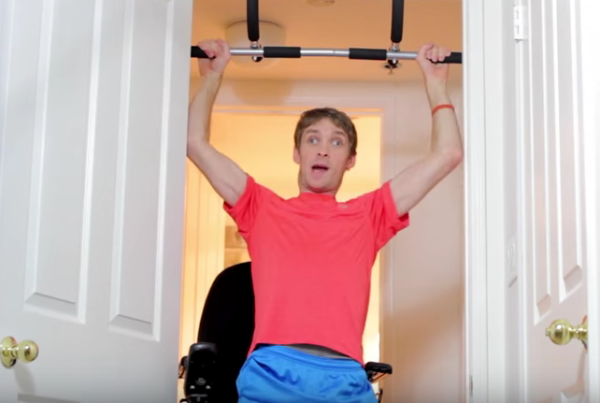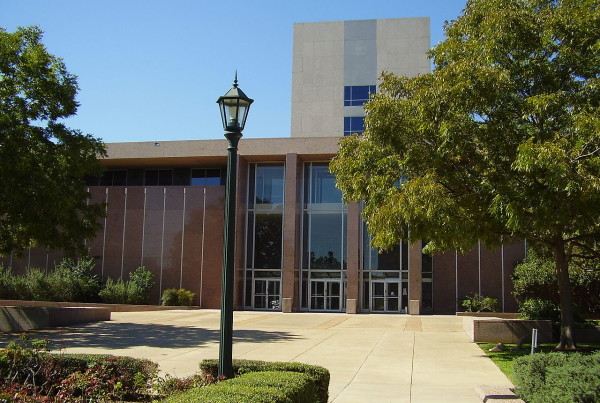Yesterday a federal appeals court announced it would revisit Texas’ voter ID law. The court previously heard the case last August with a three-judge panel, that upheld a lower court ruling that the measure violated the Voting Rights Act.
State officials, led by Attorney Gen. Ken Paxton, have asked the court to hear the case en banc, a rare legal move that requests the full panel of 15 judges for the Fifth Circuit U.S. Court of Appeals. With elections this November fast approaching, where does that leave voters in Texas?
Joshua Douglas, law professor at the University of Kentucky and former law clerk in the Fifth Circuit, says this move is uncommon, with the Fifth Circuit taking only a few cases a year before the entire 15-judge panel. The central issue deals with whether the law violates specific tenets of the Voting Rights Act related to discrimination.
“(Texas’s voter ID law) is generally considered one of the strictest in the nation, in terms of the kind of requirements that it imposes on voters,” he says. “Here, the Court held that the law has a ‘discriminatory effect.'”
The reasoning is that minority voters, in general, tend not to have the kinds of ID required by Texas’s law, Douglas says. At issue is also whether the requirement is a de facto poll tax.
“Although the ID is free, to obtain the underlying documentation, it costs money – for example, a birth certificate,” he says. “The Courts have rejected that argument.”
Douglas wrote about a Supreme Court ruling in a similar case out of Indiana, Crawford v. Marion County, saying that case discusses how voter ID figures into the Constitution, specifically the equal protection clause in the Fourteenth Amendment. The Texas case deals with a later statute – the Voting Rights Act.
“A voter ID law, in general, does not violate the Constitution,” he says. “The Supreme Court in Crawford actually left the door open to a future challenge, if there is better evidence of the burdens that the law imposes.”
















